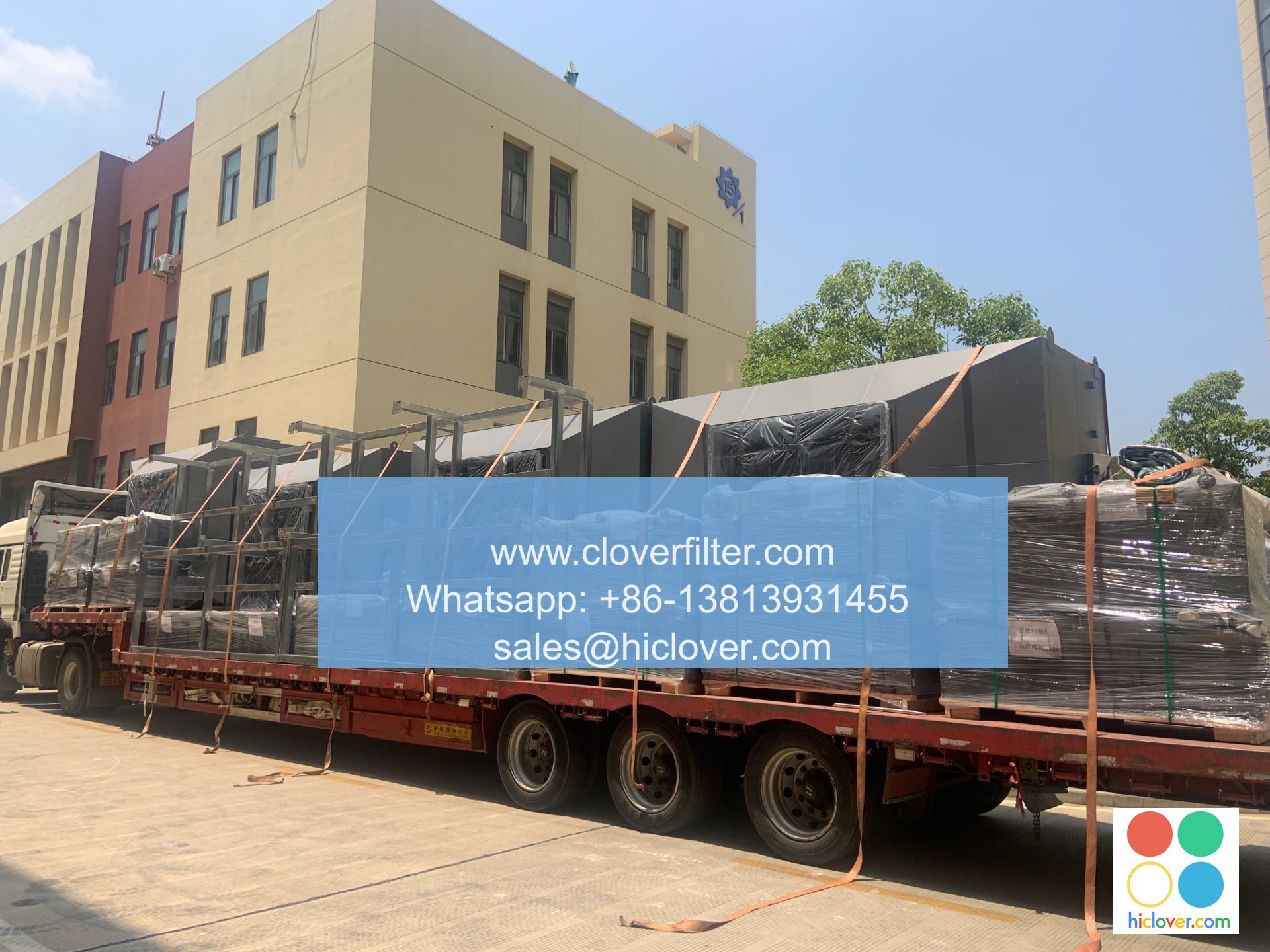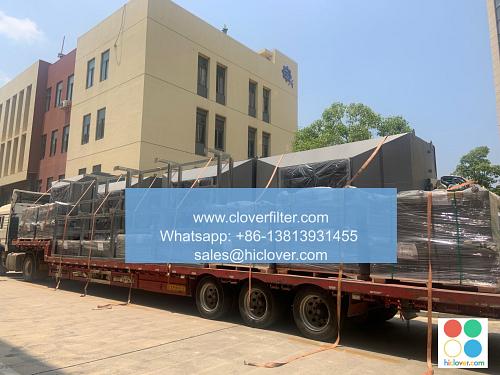The Top 5 Air Filter Myths Debunked

Air filters are a crucial component in maintaining indoor air quality, and with the myriad of options available in the market, it’s easy to get misled by common myths and misconceptions. In this article, we will delve into the top 5 air filter myths, debunking them with facts and shedding light on the importance of air filtration systems in various application areas, including residential air purification, commercial HVAC systems, and industrial air quality control.
##
Myth #1: All Air Filters are Created Equal
One of the most pervasive myths is that all air filters are created equal. However, this is far from the truth. Air filters vary significantly in terms of their filter media, MERV rating, and capture efficiency. For instance, HEPA filters are designed to capture 99.97% of particles as small as 0.3 microns, making them ideal for allergy sufferers and asthma patients. On the other hand, activated carbon filters are better suited for removing volatile organic compounds (VOCs) and odors. Understanding the differences between various air filter types is essential for selecting the right one for your specific needs.
##
Myth #2: Air Filters Only Remove Dust and Pollen
Another common myth is that air filters only remove dust and pollen. While it’s true that air filters can capture these particles, they are also capable of removing a wide range of airborne contaminants, including bacteria, viruses, mold spores, and pet dander. In fact, some air filters are specifically designed to capture radon, lead, and other hazardous gases. By installing a high-quality air filter, you can significantly improve the indoor air quality in your home.
##
Myth #3: Air Filters are a Waste of Money
Some people believe that air filters are a waste of money, citing the cost of replacement filters and the perceived lack of benefits. However, this myth couldn’t be further from the truth. Air filters can have a significant impact on energy efficiency, equipment longevity, and indoor air quality. By removing airborne contaminants, air filters can help reduce the strain on your HVAC system, leading to lower energy bills and extended equipment life. Additionally, clean air filters can help prevent respiratory problems and allergies, making them a worthwhile investment for your health and wellbeing.
##
Myth #4: You Only Need to Replace Air Filters Every 6-12 Months
The frequency of air filter replacement is a common topic of debate. While some manufacturers recommend replacing air filters every 6-12 months, this may not be sufficient for all applications. In fact, high-traffic areas, pet owners, and allergy sufferers may need to replace their air filters more frequently, such as every 1-3 months. Regularly checking and replacing air filters can help ensure optimal performance and indoor air quality.
##
Myth #5: Air Filters are Only Necessary for People with Allergies
The final myth we’ll debunk is that air filters are only necessary for people with allergies. While it’s true that air filters can be a game-changer for allergy sufferers, they can also benefit healthy individuals who want to maintain a clean and healthy indoor environment. Air filters can remove a wide range of airborne pollutants, including particulate matter, gases, and microorganisms. By installing a high-quality air filter, you can create a healthier and more comfortable living space for everyone.
In conclusion, air filters are a vital component in maintaining indoor air quality, and it’s essential to separate fact from fiction when it comes to common myths and misconceptions. By understanding the differences between various air filter types, their applications, and benefits, you can make informed decisions about your indoor air quality and air filtration systems. Whether you’re looking to improve the air quality in your home, office, or industrial facility, there’s an air filter solution that can meet your needs and provide a healthier and! more comfortable environment for everyone. It seems like you’re ready to start a conversation or ask a question, but you haven’t provided a specific prompt yet. What’s on your mind? Would you like to discuss a particular topic, ask for information, or perhaps explore a creative idea? I’m here to help with any questions or topics you’d like to address.

